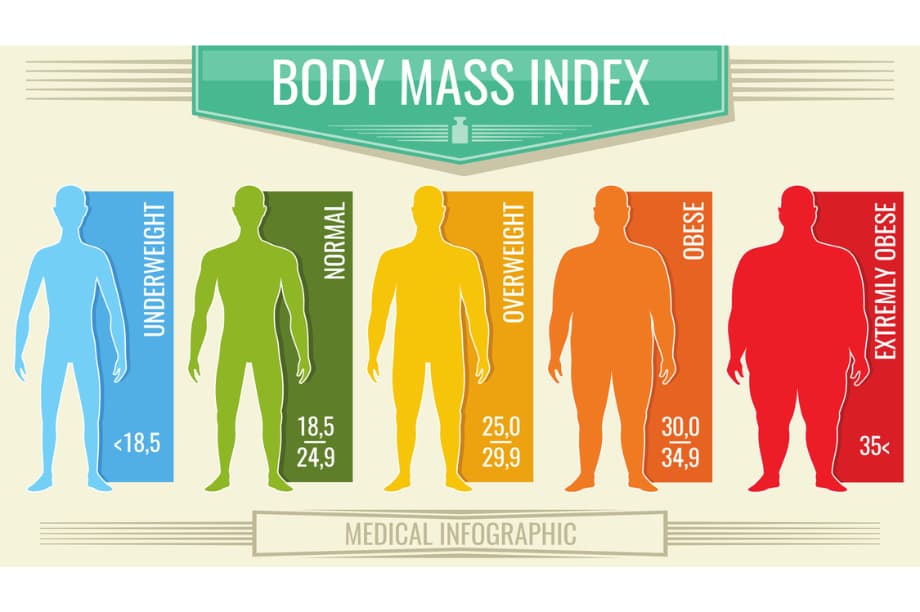Are you looking to achieve your health and fitness goals while still enjoying a flexible eating plan? Look no further than the Activity Points Calculator, a fantastic tool developed by Weight Watchers. With this calculator, you can effortlessly calculate the number of points you earn based on the intensity and duration of the various forms of physical activities you engage yourself into.
As you probably know, Weight Watchers operates on a unique points-based system that revolutionizes the way we approach food. Every food and drink item is assigned a certain number of point values based on its nutritional content. But here's the exciting part, they also provide you with a daily allowance of point values, giving you the freedom to tailor your eating plan to your preferences and needs throughout the day.
These daily allowance of point values help you monitor and manage your food intake for the day, preventing you from going overboard. But that's not all. Weight Watchers knows that a well-rounded approach to weight management goes beyond just eating. That's why they're big advocates of physical activities.
When you engage in physical activities, you earn Activity Points as a reward. Now, you can add these Activity Points to your daily points allowance assigned to you by weight watchers in order to make up for some of the points you consume from your food choices, allowing for flexibility and diversity in your overall eating plan.
In this blog post, we'll dive deeper into what Activity Points are all about. We'll explore how they are calculated, why they matter, and most importantly, how to harness the full potential of the Activity Point Calculator.
Without wasting much of our time, let's get started!
Activity Points calculator
[calc-appearance id=8]
How To Use The Activity Points Calculator
Using the Activity Points calculator is a simple process that requires only a few steps.
Step 1: Enter your weight in the required field above. Don't forget to select your preferred unit of measurement either in metric (kilogram, centimeter etc..) or imperial (feet, pound, inches etc..).
Step 2: Enter the duration of your activity or workout in minutes. The longer you engage in an activity, the more points you will earn.
Step 3: You can also adjust for intensity level by selecting low, medium or high activity levels. These activity levels take into account how much energy and exertion is required during each type of activity.
Step 4: On the next line, you are required to pick either, Added points or Original points. You can find the factors below for both points.
Step 5: Once all these details have been entered into the calculator, click the "Calculate" button and it will generate a total number of Activity Points earned based on Weight Watchers' formula.
There you have it, please do ensure you follow all steps listed above in order to avoid any errors or mistakes and also ensure to provide the correct measurements and details in the required fields.
Understanding What Activity Points is All About
Activity points are a way to measure the amount of physical activity you do each day. The more active you are, the more points you earn. These points can give you an easy way to see how many calories you've burned through exercise and help motivate you to stay active every day.
The system behind activity points was created by Weight Watchers and has been used for years as part of their weight loss program. It's designed to encourage people to become more active in their daily lives and make healthier choices overall.
Activity points take into account things like how much time you spend exercising, how difficult the exercise is, and your level of intensity during that exercise. Each type of activity is assigned a certain number of points based on these factors.
For example, walking may earn you fewer activity points than running because it's less intense. However, if you walk for a longer period of time or at a faster pace, you could still earn a significant number of points.
Understanding what activity points are all about can help motivate individuals towards leading an active lifestyle while also maintaining their health goals.
How are Activity Points Calculated?
Once you've entered your details into the activity points calculator, you may wonder how it calculates your results. Let me explain it to you. There's a simple formula involved. It looks like this: Your weight (in pounds or kilogram) multiplied by the duration of your activity (in minutes) and then multiplied by a number called the intensity factor.
Here's how it works
Weight * Duration * Intensity Factor = Earned Activity Points.
This formula applies to both the original and added weight watchers points system, but there's a small difference which is the intensity factor used for both points.
Now, the intensity factor is different depending on which weight watchers plan you're following and how intense your activity is. Each plan and level of intensity has its own specific factor.
Let's take a look at the factors used for each plan and intensity level below.
| Intensity Level | Added Points Factor | Original Points Factor |
| Low | 0.00033 | 0.0002332 |
| Medium | 0.00047 | 0.000327 |
| High | 0.00117 | 0.0008077 |
What is Considered for Activity Points?
Perhaps you're wondering what activities count towards earning points. Some activities are quite noticeable, such as taking a quick walk, spending 30 minutes on the elliptical trainer machine, riding a bike, hiking or running around the track.
However, there are other activities that may not be as apparent. For example, people often overlook the importance of counting their strength training exercises or ab crunches. Even though these exercises may not make you sweat or feel like you've just finished an intense workout, they still burn calories and contribute to you earning activity points.
But here's the exciting part! It's not just structured exercises like aerobics and weight lifting that earn you points. You can also earn points by engaging in enjoyable activities. Think about dancing, playing a round of golf, going bowling, or even participating in a friendly game of football with your friends in the neighbourhood. These activities can add extra points that you can use for food if needed.
Moreover, there are other activities that may not be as exciting but can still earn you points. Tasks like house cleaning, gardening, laundry and more contribute to your overall activity points. Essentially, any physical activity that goes beyond your regular daily routine can earn you additional points.
Conclusion
Using the Activity Points calculator is an excellent tool for anyone looking to track and monitor their physical activity progress. It provides a simple way of calculating points earned from various activities that can help you achieve your fitness goals.
By understanding how the calculator works, including what factors are considered in determining your activity points, you can better optimize your exercise routine to maximize results. With this knowledge, you can make more informed decisions about which activities to engage in and how often to do them.
Whether you're trying to lose weight or maintain a healthy lifestyle, incorporating regular physical activity into your routine is essential. By using the Activity Points calculator regularly, you'll be able to stay motivated and on track towards achieving your health and fitness goals.








